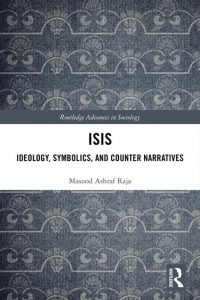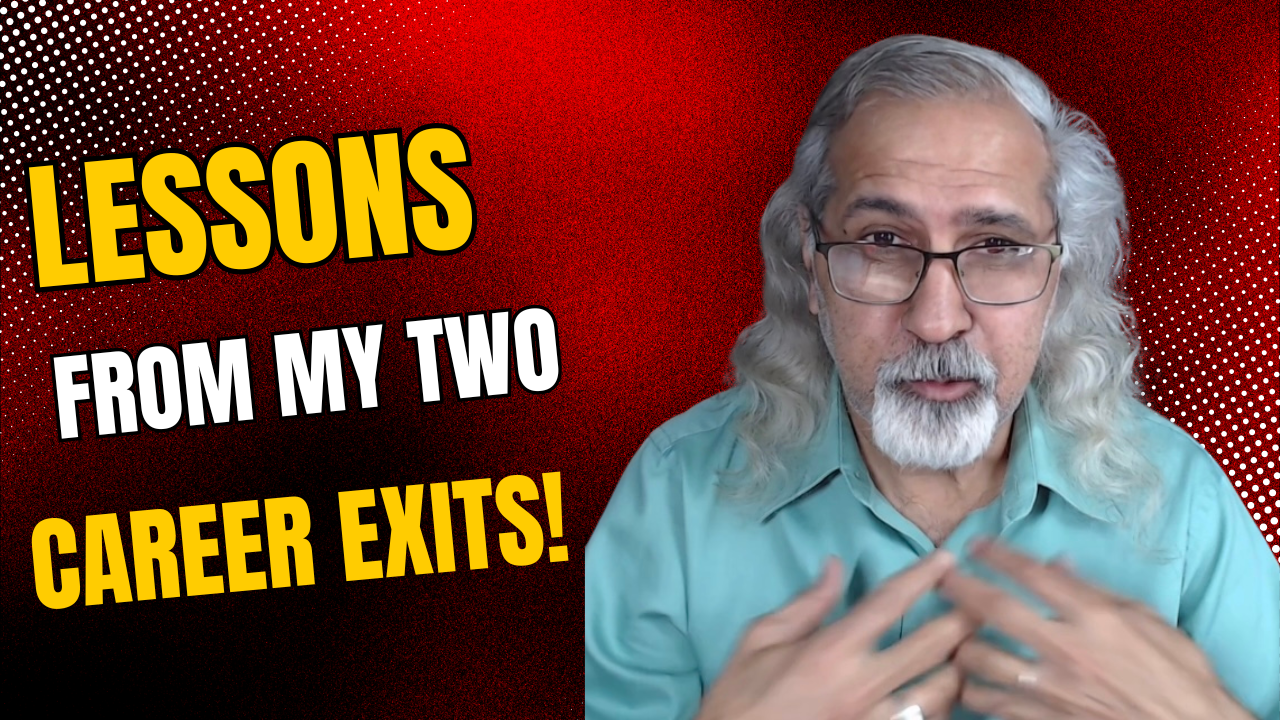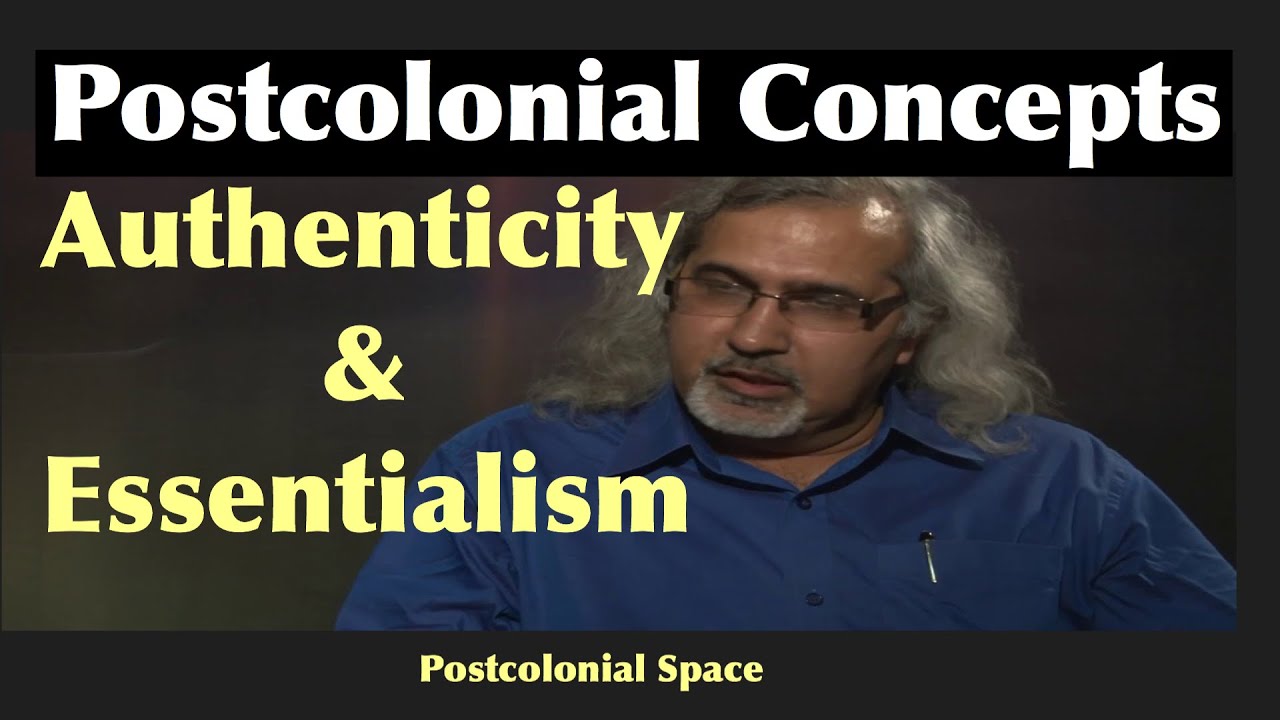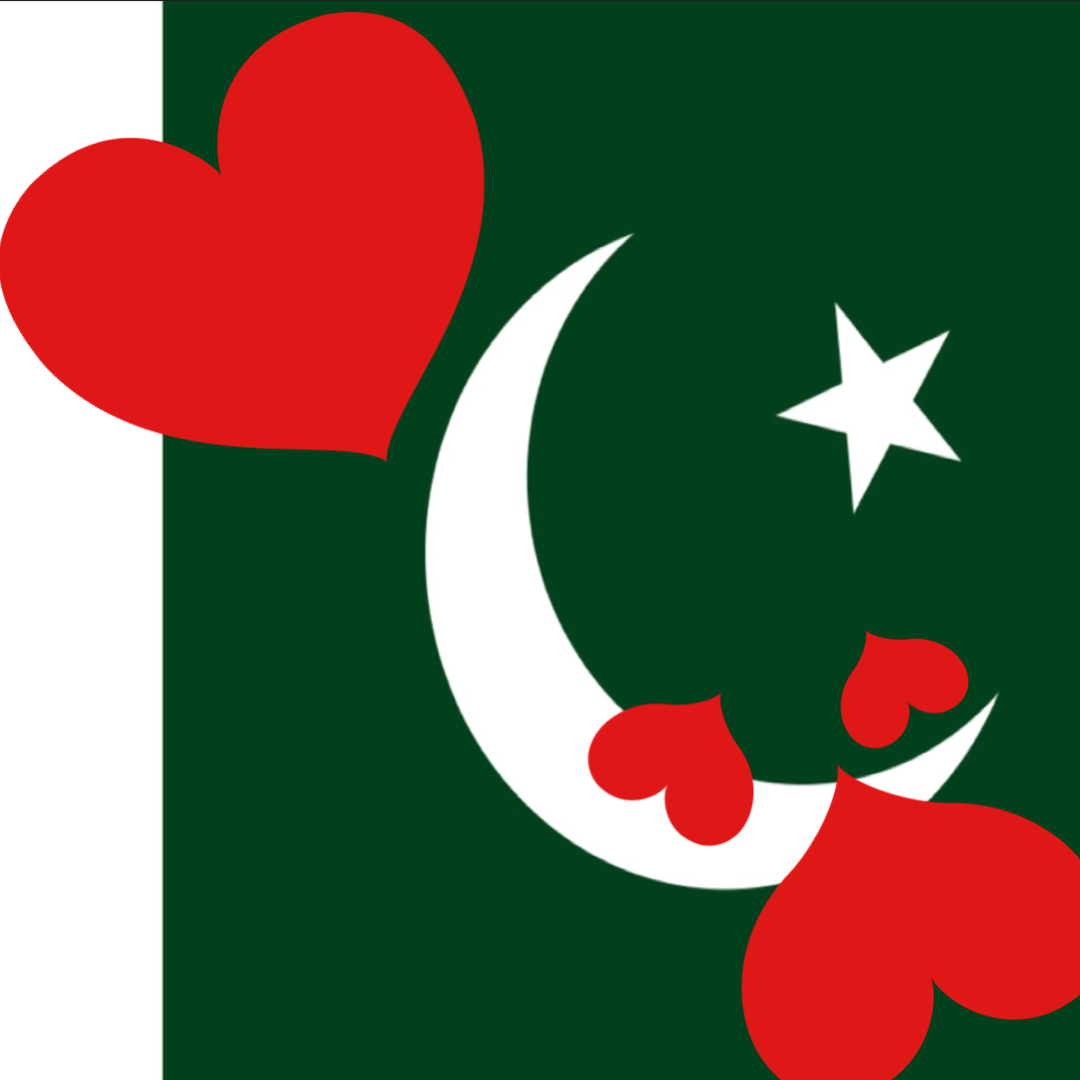(This is an excerpt from the conclusion of my recent book: ISIS: Ideology, Symbolics and Counter Narratives.)
There are some brilliantly researched books on ISIS, I consulted most of them, but in this brief volume I have attempted to answer one simple question: what constructs a  human identity that would find itself receptive to an act of haling by ISIS? My conclusion has been that it would have to be someone who is already on a slippery slope ideology that makes an act of hailing more welcome. I have also argued that not all Muslims should be lumped into one single entity as terrorists-in-waiting.
human identity that would find itself receptive to an act of haling by ISIS? My conclusion has been that it would have to be someone who is already on a slippery slope ideology that makes an act of hailing more welcome. I have also argued that not all Muslims should be lumped into one single entity as terrorists-in-waiting.
ISIS emerged out of the political chaos unleashed by the politics of post-US invasion of Iraq and the Arab spring uprisings and it thrived in a vacuum also perpetuated by the regional politics, global economy, and the rise of ethnic and sectarian politics in the region. While ISIS might have been defeated, if the ground realties do not shift and if the material conditions keep worsening in the region, then chances of another such group rising or the resurgence of ISIS are pretty high.
As I discussed, while Saudi Arabia is not directly involved in sponsoring any kind of terroristic groups, the religious ideology that they foster and export to the rest of the Islamic world is the very basis of all Salafi Jihadist groups. For a long term solutions to the problem of radicalism and fundamentalism, the Saudis, because of their material wealth and symbolic reach, will first have to introduce a more egalitarian, democratic, and progressive version of Islamic culture in their own country and then enable other Muslim nations to emulate it. At the moment, thought, while the Saudi crown prince is busy in implementing a slightly perfunctory liberal reform, his nation is also involved in a brutal and punishing sectarian war in the neighboring Yemen. To think that the Yemen conflict will not harden the sectarian divide and produce more Jihadists in the process is simply ludicrous and dangerous. Thus, Saudi Arabia must reform from within but must also create a global system of practicing religion in which the Shia and other minority Islamic sects are not posited as threats to Islam or, worst, as those worthy to be controlled and eliminated.
In the end, the sacred texts only mean what their readers privilege in them, for the very Qur’ān that calls Muslims to “Jihad” also declares unequivocally La ikraha fiddin: “Let there be no compulsion in religion” (Qur’ān 2:256). The followers of Abdul Wahab and their Salafi adherents would have us believe that this ban, this Ikraha is not as important as the exhortation to fight. I disagree with all such assumptions, for if the purpose of Islamic faith is to follow the message of God willingly, consciously, and without the fear of worldly power–for fear of anything other than God is shirk, making someone else equal to God–then no religious or political authority has the right to forcefully make people live according to their version of religion. And if any group forces people to live their lives according to what they deem proper, then the people are not really following the word of God but are rather bending to the fear of reprisals from the dominant group. In other words, ISIS and their ilk are forcing people to commit shirk, the most cardinal and the only unforgivable sin in Islam.
On the whole though, since so much of what ISIS does and has done relies on a strictly martial and agonistic interpretation of the Muslim history and the Muslim scared, the Muslims in general will have to retrieve and proffer the instances of love, care, and compassion from Islamic history, of which the life of the Prophet Muhammad is a true example, for without love no system of governance or social interaction can be lasting and hopeful.
Writing this book has been a painful, though rewarding, experience. I had to research and read the most troubling accounts of brutality, terror, murder, rape, and slavery, all performed in the name of God. My purpose, however, was not to provide an exhaustive account of ISIS atrocities, others have done that with much more assiduity and care, but to seek how such violent and destructive human subjects are formed. I am afraid I have not been able to offer a convincing or definitive answer to this question, for to answer such questions requires a kind of superhuman insight that none of us possess. I am but one human attempting to explore the very nature of this human tragedy called life, always perplexed at the sheer inanity of a species whose members sometimes deem the destruction of the other a prerequisite for their own survival. I believe a more caring, loving, and compassionate world is possible and that religion, including Islam, can grant us wisdom and the capacity to love, for any religion without love is tyranny of the soul!



